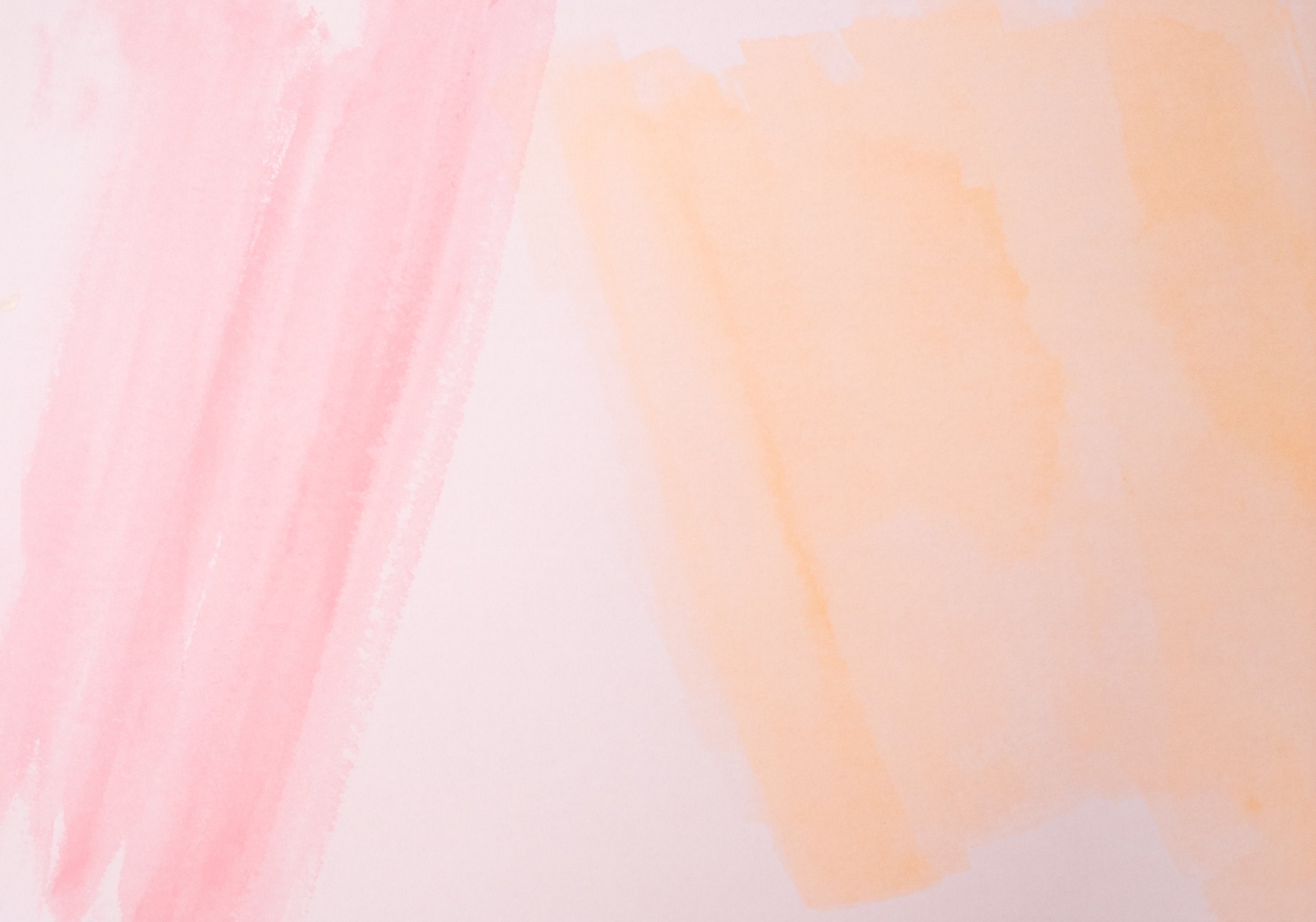
About the European Patent Attorney profession
INTERVIEW
Felix Hütt
Country: Germany
Company size: 100+
Experience: 5-10 years
Type of work: private practice
How did you learn about the Patent Attorney profession and what inspired you to become a (European) Patent Attorney?
I attended a lecture about intellectual property during my Physics studies aimed specifically at scientists and engineers. I had the impression that this profession would be the right choice for me – and it turned out to be so.
Most people know that Patent Attorneys help clients obtain a patent. However, what other tasks are you responsible for?
I work exclusively in the field of patent litigation. My main focus lies either on enforcing important patents for our clients or defending our clients against hopefully unjustified allegations of patent infringement. Over the course of the last year I haven’t handled a single prosecution file for obtaining a patent. After my training to become a German and European Patent attorney, where I focused indeed a lot on drafting and obtaining patents, I decided to focus on litigation. That’s why my work regularly starts after the patent has already been granted.
What does the team structure at your workplace look like?
I work for an international law firm. We work in mixed teams of attorneys-at-law and patent attorneys. The mixed team approach is best suited for litigating patents. Some law firms rely on external patent attorneys but there is a general trend in leading law firms to hire own patent attorneys due to synergetic effects and to be in a position in which you can offer the entire spectrum of legal services to clients.
What does your average workday look like?
In litigation your cases are often way bigger than in prosecution. This is why you regularly work on cases - with interruptions - for several months or years. Most of my daily work is about developing the best arguments, writing pleadings, attending hearings and giving strategic advice to clients.
What would a dream workday as a (European) Patent Attorney look like for you?
The best workday for me as a patent attorney in litigation is winning a big case and celebrating it afterwards with the client.
What is the most exciting aspect of being a (European) Patent Attorney for you?
It is a complicated and exciting profession that sometimes demands the utmost from you. The profession gives you the possibility to get to know your limits and ideally overcome them. For me it is an exciting aspect that many different skills are required, which also leads to a very diversified profession with many different tasks. Moreover, I appreciate to work within a very nice community and to be in contact with inspiring people, not only in Germany but worldwide. Further, you can decide after the training which aspects of the job suit you best and then go into this direction. In my case, it was the litigation.
What are your least favourite tasks?
I think it heavily depends on which client you work for. I really enjoyed it for some clients and technologies, but of all the tasks of a patent attorney drafting patent applications was and is presumably my least favorite.
Does your job allow you to have time for your hobbies? Do you have any side projects related to patents?
Yes, litigation is less predictable than prosecution, but in most of the weeks there is still enough spare time for my hobbies. In the vast majority of cases weekends are work-free.
If you could start your career over, would you change anything?
Probably not. Looking back, I would study Physics again and decide to become a patent attorney. Physics gave me a good understanding of everyday problems and if you look, for example, at the technical fields with most patent applications, such as digital communications, computer technology, electronics and other upcoming fields, such as blockchain, artificial intelligence, robotics or other fields, you realize that being a physicist gives you a good basis for meeting the demand.
What advice would you give someone that wants to become a European Patent Attorney?
It is a long way to go, but I haven’t met anyone saying that it was a bad choice. One should not despair, because there will be difficult situations during the training period. There were indeed moments in which I had doubts. Even if you were a great scientist or engineer before starting the training to become a patent attorney, the profession can be strange and very demanding at the beginning. The profession requires completely different skills and you should rather see the training as an opportunity to show that you can also be good in other areas. It will ultimately pay off and result in a nice profession with amazing opportunities.
What do you think about the future outlook of our profession?
Yes, and we have to be prepared for these changes. I expect major changes (which already occur) in the field of prosecution and drafting patent applications, as AI allows drafting certain frameworks which “only” have to be revised or supplemented. Moreover, AI is already quite strong in searching and investigating prior art. Presumably, litigation is a bit more reluctant to these changes as this kind of work is often about finding the tiny differences. Overall, we should not consider AI as a threat but rather as a tool which allows us focusing on aspects that really matter.

